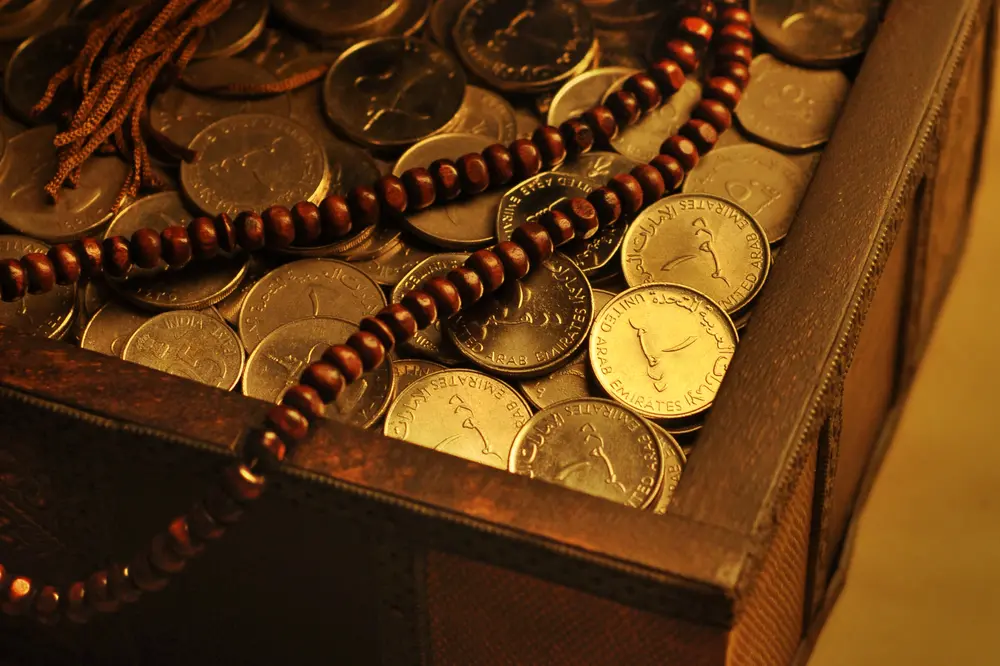PHOTO
Wednesday, Dec 21, 2016
Dubai: Dubai’s Dh47.3 billion budget for 2017, approved by His Highness Shaikh Mohammad Bin Rashid Al Maktoum, Vice-President and Prime Minister of the UAE and Ruler of Dubai,
targets boosting infrastructure spending in line with the targets of Strategic Plan 2021.
The total budget allocation for the year is up by Dh1billion (2.6 per cent) compared to Dh46.1 billion in 2016.
Infrastructure spending is up by 27 per cent compared with 2016.
Overall, the 2017 budget has a deficit of Dh2.5 billion which represents 0.6 per cent of the gross domestic product (GDP) of Dubai.
“The 2017 budget was adopted with a deficit of Dh2.5bn, representing 0.6 per cent of the GDP of the emirate. The deficit resulted from the reclassification of the budget and the 27 per cent increase in infrastructure expenditure,” said Abdul Rahman Saleh Al Saleh, Director-General, Department of Finance, Government of Dubai.
The total 2017 revenue is anticipated to decline compared with 2016, but government revenue from fees, on the other hand, will increase by six per cent due to economic growth and growth of other strategic sectors — including tourism and retail businesses. Oil revenue is expected to represent 6 per cent of total government revenues.
The budget aims to provide more than 3,500 new jobs, reflecting the government keenness on creating further job opportunities to ensure the satisfaction of the society.
The 2017 budget reflects Dubai Strategic Plan 2021 targets and future commitments. The budget features a significant rise in infrastructure spending targeted at boosting the emirate’s status as a leading destination for work and tourism.
“The Dubai budget for 2017 announced by His Highness Shaikh Mohammad Bin Rashid Al Maktoum comes as a great boost to the Dubai Infrastructure industry. With the government’s aim to create 3,500 jobs, we see positivity and a good outlook for the coming year. The vision and leadership of His Highness is once again materialising in an encouraging manner to enhance Dubai’s infrastructure and economy simultaneously,” said Esam R. Al Mazroui, vice-chairman of Bahri & Mazroei Group.
The budget has also shown the government’s concern for social services, including healthcare, education, culture and housing, which contributed to the high rating of the UAE in global competitiveness indices, and ranking first in the happiness index regionally.
“The Financial Regulations for the Government of Dubai Law, developed the general budget classification of the government entities. Some entities were put in a new order under the independent or annexed budgets, which led to the reduction of budget revenues and expenditures,” said Al Saleh.
Al Saleh, however, stressed that the 2017’s budget expenditures recorded an increase of three percent from the expenditures approved for 2016’s budget, which reflects the expansion of the Government of Dubai and its determination to support the local economy.
Going forward, Dubai will count on partnership between the public sector and the private sector, to build modern practices in the management of financial resources efficiently and effectively.
“Over the coming years, this law [No. 22 of 2015] will contribute in the implementation of some public projects in partnership with the private sector, which will enhance creativity and innovation, raise the government’s performance rates, achieve government efficiency, and enhance transparency,” said Al Saleh.
Babu Das Augustine Banking Editor
Gulf News 2016. All rights reserved.





















